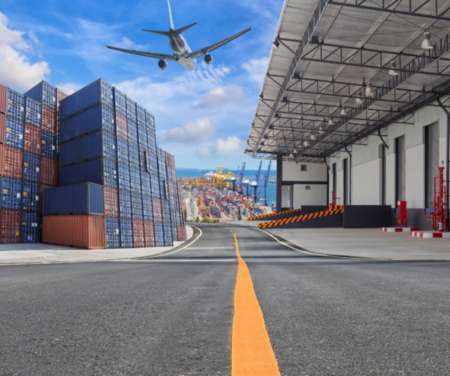The State of the Retail Supply Chain in 2022 and How Shippers Can Mitigate Risks Through Data
Intelligent Audit
JUNE 30, 2022
Everything from a lack of capacity, manufacturing shortages, cost control difficulties, regional supply delays and disruptions, length and complexity of supply shipping routes, driver and worker shortages, rising costs and expenses, and COVID-related disruptions have contributed to the retail supply chain process today. .
















Let's personalize your content